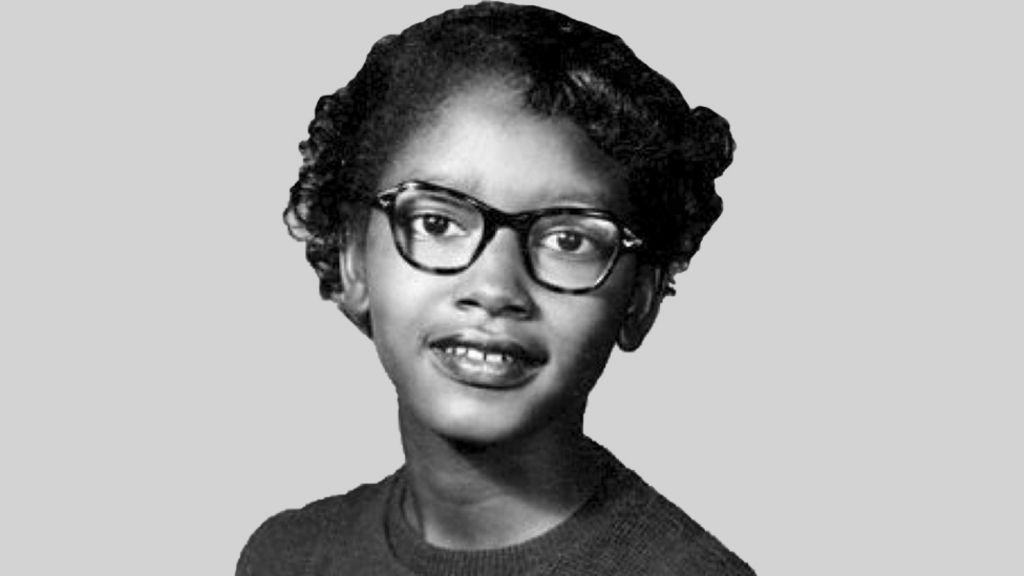10 Kick-Ass Black Women in History You Probably Didn't Hear About in School - Part I
It happens to be Black History Month, but any time is a good time to learn about inspiring black women in history. Sadly, these women are often forgotten by historians and therefore absent from high school and college curricula. Here's the first part of a two-part series introducing you to 10 kick-ass black women you might not know about.
 1. Daisy Lee Gaston Bates (1914 - 1999): Bates was an outspoken civil rights advocate who advised the "Little Rock Nine," the group of nine students at the heart of the battle to desegregate Central High School in Little Rock, Arkansas. Bates and her husband founded the pro-civil rights newspaper, the Arkansas State Press, which Bates used as a means to voice her demands for improvements in the the social and economic conditions of black people throughout the United States.
1. Daisy Lee Gaston Bates (1914 - 1999): Bates was an outspoken civil rights advocate who advised the "Little Rock Nine," the group of nine students at the heart of the battle to desegregate Central High School in Little Rock, Arkansas. Bates and her husband founded the pro-civil rights newspaper, the Arkansas State Press, which Bates used as a means to voice her demands for improvements in the the social and economic conditions of black people throughout the United States.Bates also served as president of the Arkansas chapter of the National Association for the Advancement of Colored People (NAACP). Martin Luther King once said Bates was "a woman whom everyone KNOWS has been, and still is in the thick of the battle from the very beginning, never faltering, never tiring."

2. Althea Gibson (1927 - 2003):
Gibson was a gifted tennis player during a time when most tournaments were closed to black people. She persisted in her passion for the sport and when her greatness could no longer be denied, she played at Wimbledon in 1951, winning singles and doubles tournaments there in 1957 and the U.S. Open in 1958.
She won 56 tournaments in total before she turned pro in 1959. Gibson is known for blazing a trail in the tennis world and breaking down racial barriers in that sport as well as in professional golf.

:format(jpeg):mode_rgb():quality(40)/discogs-images/A-76040-1603550869-1220.jpeg.jpg)
In 1963 she presented to the UN special committee on apartheid, following which, South Africa banned her records. She became increasingly involved in the black movement both in Africa and in the civil rights movement in the U.S. Upon her death in 2008, Nelson Mandela said, "She was South Africa's first lady of song and so richly deserved the title of Mama Africa. She was a mother to our struggle and to the young nation of ours."

SHOP NEW ARRIVALS
View allREAD MORE
There are thousands of yoga postures described by the ancient yoga tradition, but only a large handful of them are practiced today. And for good reason — who has time in today's fast-paced world?
Yoga is one of the best ways to build a stronger core. That includes your abdominal muscles as well as your obliques and low back. A strong core is key for a healthy back and overall strength and fitness.
The weather is starting to warm up in many parts of the nation, and we're still in the middle of a pandemic...
















Leave a comment